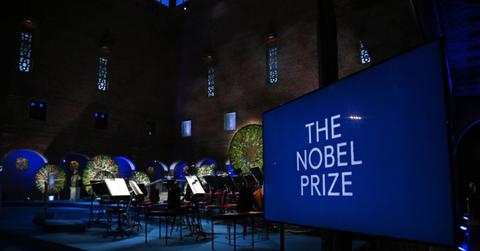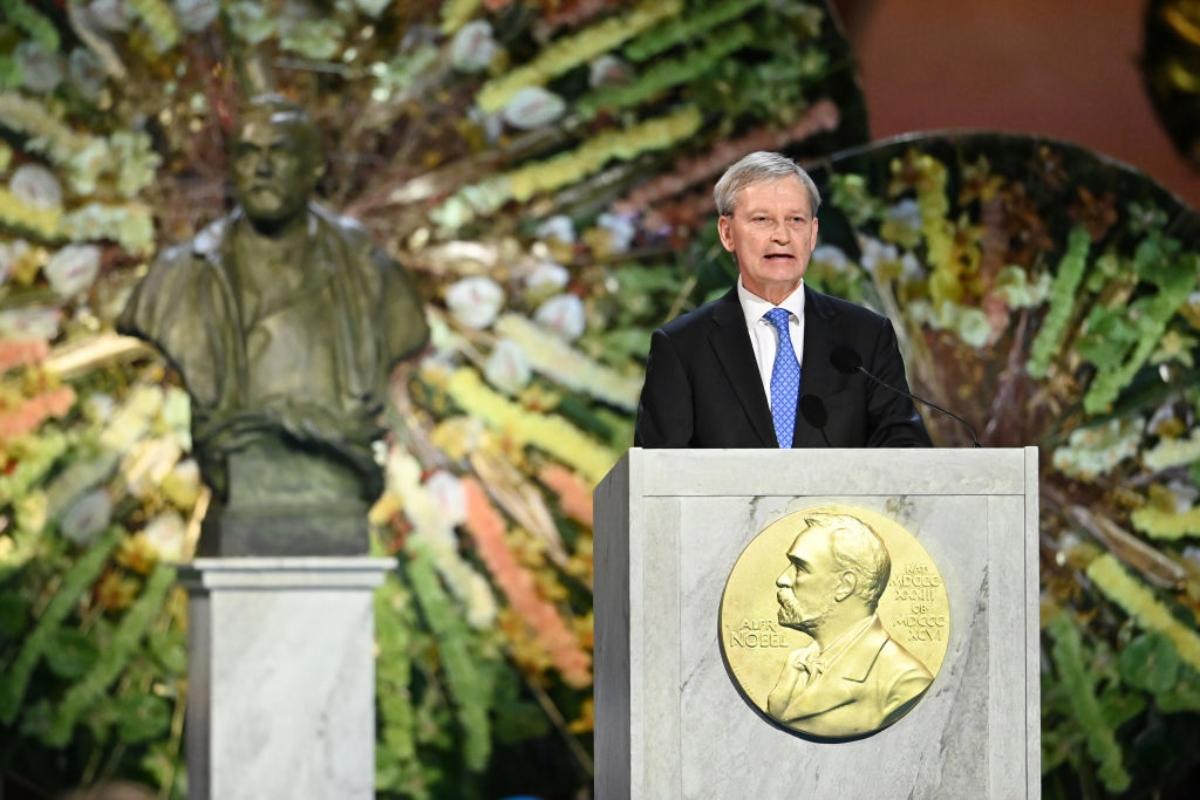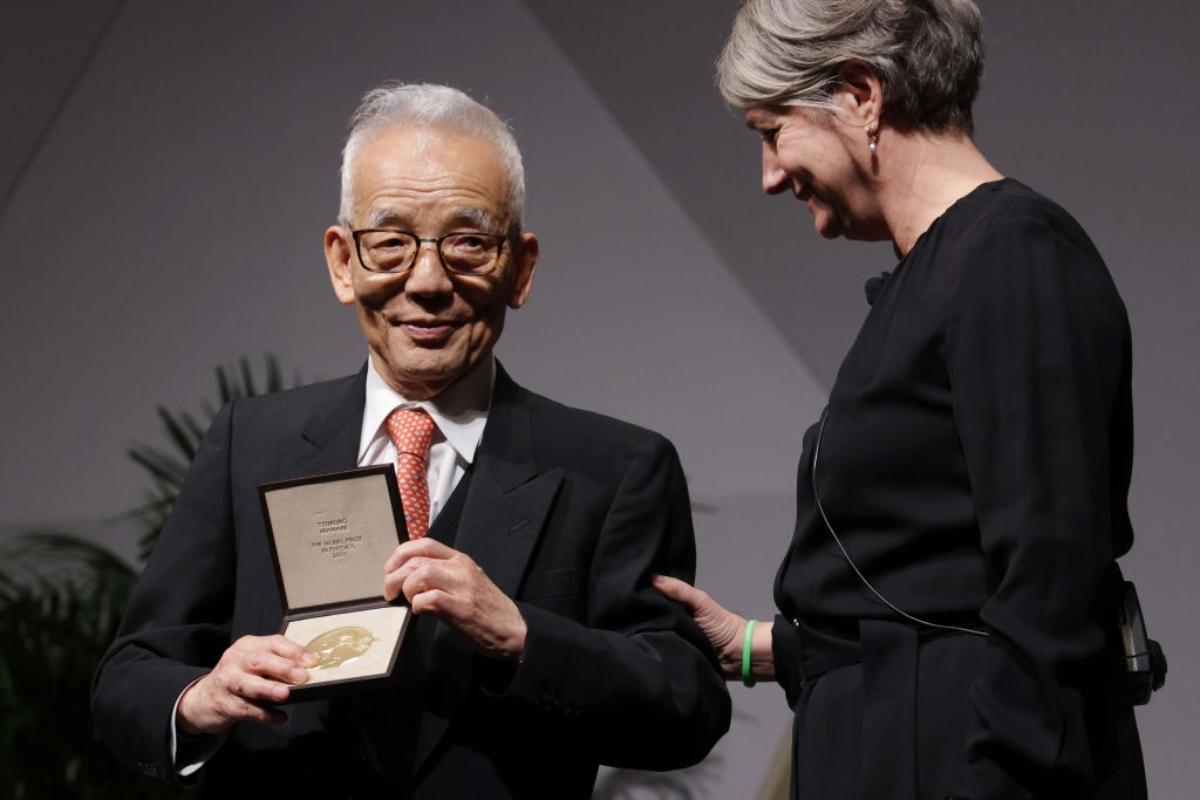Will the Nobel Prize Run Out of Money? Funding, Explained
The Nobel Prize was first awarded in 1901. It includes a monetary prize of over $1 million. Will the prize's fund ever run out of money?
Dec. 10 2021, Published 1:10 p.m. ET

The Nobel Prize ceremony took place December 10, 2021 in Stockholm.
The Nobel Prize is an award that was originally established through an endowment left by renowned scientist Alfred Nobel. The inventor of dynamite stipulated in his will that he wanted his fortune to be used for prizes for those helping to improve society through knowledge, science, and humanism.
Nobel left the majority of his wealth to fund the creation of the Nobel Prize and the Nobel Foundation, which helps to manage the money and ensure the prize’s continuation. The prize founder’s intention was for the money to always be invested in “safe securities” in order to ensure that the endowment would continue to provide funds in perpetuity.

The Chairman of the Nobel Foundation Board, Carl-Henrik Helding, speaking at the 2021 ceremony.
How is the Nobel Prize funded?
The Nobel Foundation is “tasked with a mission to manage his fortune and has ultimate responsibility for fulfilling the intentions of Nobel’s will.” The original money left by Nobel upon his death earns interest, which is used to fund the annual prizes in categories like literature, peace, chemistry, physics, and either physiology or medicine.
The organization’s annual report shows that the endowment fund’s goal is to reach minimum annual returns of 3.5 percent above inflation. According to Investopedia, the foundation’s portfolio invests approximately 55 percent in equities, 10 percent in fixed income, 10 percent in properties, and 25 percent in alternative assets.
Ulrika Bergman took on the role of chief investment officer for the Nobel Foundation in 2017. She's the primary manager of the Nobel Prize funds and the way they're invested. Before joining the Nobel Foundation, she was the CIO of global securities at an investment firm where she managed 170 billion Swedish kronor worth of assets.
The Nobel Foundation capital is managed in a fund invested in various sectors, and the returns are what determine the annual prize amounts. When deemed necessary, the Foundation has decreased prize amounts in order to help maintain the long-term sustainability of the prize and its goals.
During the 1990s and 2000s, prize amounts were raised (by 2001, it was 10 million kronor). In 2012, fund managers began a 20 percent reduction in Nobel Prize money in order to preserve capital. By 2020, the prize amounts went up again to 10 million kronor, the same amount awarded this year.

Syukuro Manabe, the Nobel Laureate in Physics for 2021, holds up his medal. About a million dollars is also awarded to each of the winners.
Could the Nobel Prize run out of money?
Theoretically, the prize fund could run out of money, but given its 120-year history, it’s extremely unlikely unless the foundation comes under incompetent leadership. Since the prize money is only awarded out of the interest generated and not from the capital, there should always be sufficient capital to continue awarding monetary prizes.
What were the 2021 Nobel Prize award amounts?
In 2021, the winners of the Nobel Prizes were announced in October and were awarded in early December. Due to the ongoing COVID-19 pandemic, the awards ceremonies have been scaled back and held virtually rather than in Stockholm with Swedish royalty.
According to Forbes, the 2021 Nobel Prize winners received a gold medal in addition to the monetary award of 10 million kronor, which is equivalent to $1.14 million.
